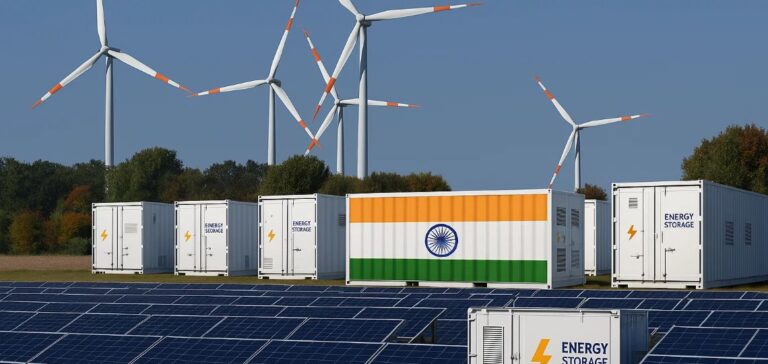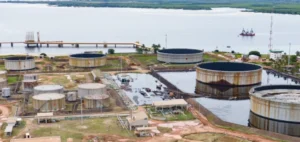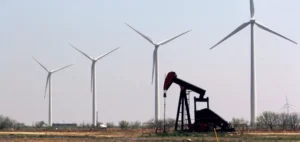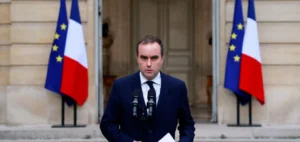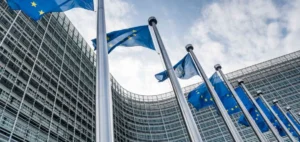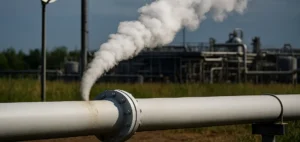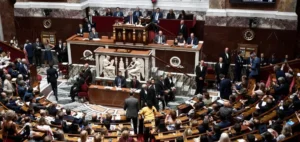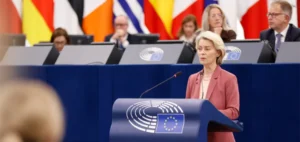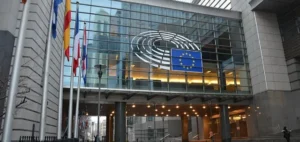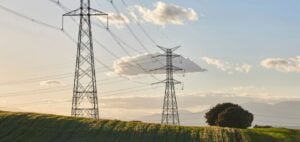India is positioning itself as a central player in the global energy reorganisation, according to a report published on May 26 by the Rocky Mountain Institute (RMI). Titled Empowering India: The Clean Energy Growth Opportunity, the study highlights growth projections for the country, where electricity consumption could triple by 2050.
Energy priorities shaped by domestic growth
India’s industrial expansion and increasing demand for air conditioning, driven by global warming, are among the main contributors to this energy expansion. The report states that India will account for nearly half of global annual steel production growth, with vehicle travel tripling and the number of air conditioners multiplying by nine.
Unlike Western economies, the majority of India’s 2050 building stock has yet to be constructed. This allows the country to favour infrastructure designed for maximum efficiency from the outset.
A strategic shift in imports and production
The document highlights India’s current reliance on imported fossil fuels, which represents 5% of its gross domestic product. However, this constraint is rapidly changing with the development of local capacity in renewable energy. The country is moving towards self-sufficiency in manufacturing solar modules, wind turbines and battery cells.
The largest renewable energy project currently under construction in India is reported to be nearly four times the size of those in progress in Europe or the United States. These developments are supported by public policies encouraging domestic production and reducing energy costs.
An underleveraged investment opportunity
The study notes that solar electricity, including storage, has now become cheaper than new coal. Moreover, the cost of solar power alone is lower than that of existing coal plants, strengthening the economic argument for renewables.
Despite this, India currently receives only 4% of global clean energy investment. The report estimates that if capital flows matched local dynamics, the country could, by 2050, avoid more emissions than Europe and North America combined.


